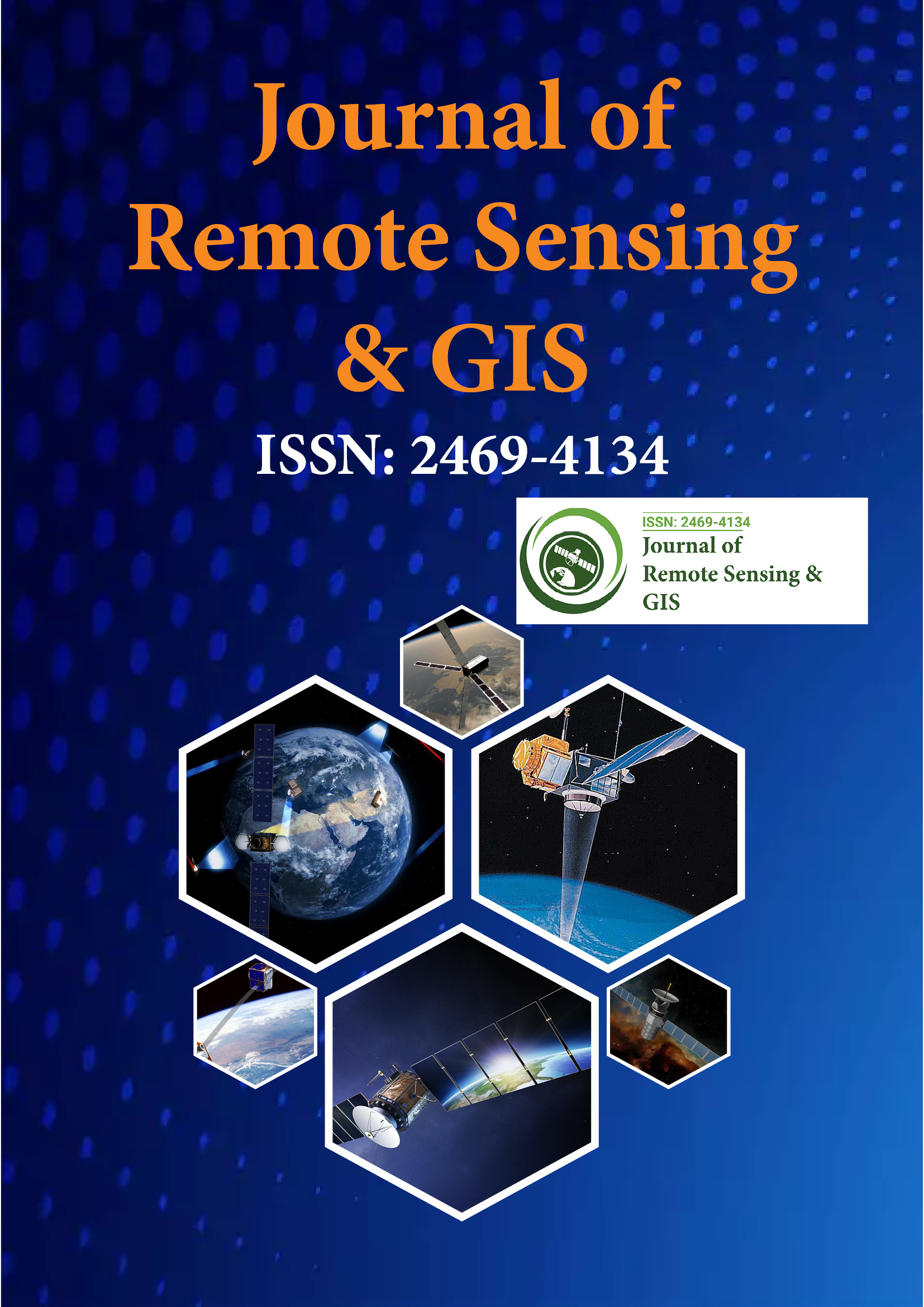Indexé dans
- Ouvrir la porte J
- RechercheRef
- Université Hamdard
- EBSCO AZ
- OCLC - WorldCat
- Publions
- Indexation scientifique internationale
- Pub européen
- Google Scholar
Liens utiles
Partager cette page
Dépliant de journal

Revues en libre accès
- Agriculture et aquaculture
- Alimentation et nutrition
- Biochimie
- Bioinformatique et biologie des systèmes
- Business & Management
- Chimie
- Génétique et biologie moléculaire
- Immunologie & Microbiologie
- Ingénierie
- La science des matériaux
- Neurosciences & Psychologie
- Science générale
- Sciences cliniques
- Sciences environnementales
- Sciences médicales
- Sciences pharmaceutiques
- Sciences vétérinaires
- Soins infirmiers et soins de santé
Abstrait
Un nouveau classificateur tridimensionnel basé sur la probabilité pour améliorer l'imagerie motrice basée sur l'ICB
Adrian Ashley
Introduction : La solution robotique d'assistance basée sur l'imagerie motrice BCI a le potentiel de renforcer l'indépendance de la mobilité supérieure d'une personne handicapée. L'objectif de ce travail était de comparer les performances de classification de classificateurs bien établis avec un nouveau prototype de classificateur. Approche : L'auteur a développé un classificateur ADS à surface de décision adaptative avec l'objectif futur d'augmenter une main prothétique robotique d'assistance pour ouvrir et fermer pour saisir un objet en coopération avec des capteurs LIDAR. L'ADS a été entraîné avec un ensemble de données d'entraînement provenant du jeu de données 2a du concours BCI IV de l'Université de technologie de Graz. Principaux résultats : La précision de classification dans les tests hors ligne a atteint 76,06 % classe 1 et 81,50 % classe 2 en utilisant un ADS non adaptatif et 79,55 % classe 1 et 99,69 % classe 2 en utilisant des classificateurs ADS adaptatifs. Conclusion : L'auteur présente un prototype de classificateur de décision adaptatif utilisé avec des ensembles de données d'imagerie motrice.